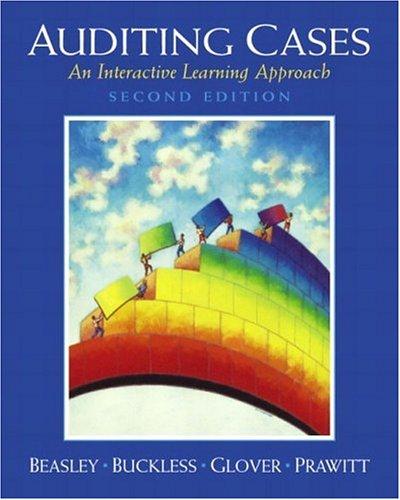Question
Examine the following business rules that could be in use for any University Library borrowing policy: General Rules: Late fines go into effect on the
Examine the following business rules that could be in use for any University Library borrowing policy: General Rules:
Late fines go into effect on the day following the due date. No grace Period.
Fines are not charged for days the library is closed (it stays open weekends).
Overdue and Late Fees Rules:
Overdue fines and late fees are charged at the following rates for all overdue materials:
o 2 or 4 weeks loan books: $0.75 per day for the first 30 days, $1.75 per day for the next 30 days (regular rate) Maximum is $50.00 per item.
o 5 day Reserve books and special loans: $2.00 per day, maximum $30.00 per item (reserve rate)
o Overdue books on hold for another person: $4.00 per day (on-hold rate)
1. Create a decision table that represents the above rules. You can write DC (for Dont Care) for conditions that dont matter in a rule. For example, if a book is not overdue, then the rest of the conditions (such as regular-loan and on-hold) dont matter (the action no-fine is already determined).
2. To keep the table manageable, just indicate the type of fine (if any) to be imposed (regular, reserve or on-hold rate), and explain separately how these rates are calculated.
3. Any item is subject to only one type of fine. So, an overdue book being charged the on-hold rate won't be charged the regular rate as well.
4. Define appropriate test cases based on these rules and present them in tabular form. Your test cases should make use of equivalence partitions and boundary values.
Step by Step Solution
There are 3 Steps involved in it
Step: 1

Get Instant Access to Expert-Tailored Solutions
See step-by-step solutions with expert insights and AI powered tools for academic success
Step: 2

Step: 3

Ace Your Homework with AI
Get the answers you need in no time with our AI-driven, step-by-step assistance
Get Started


